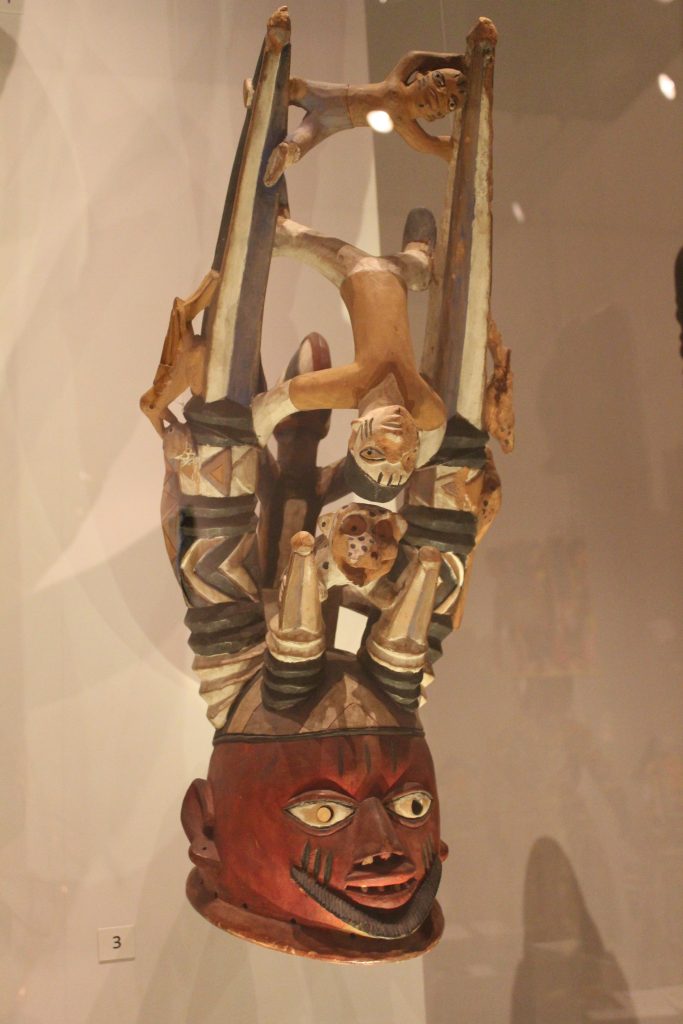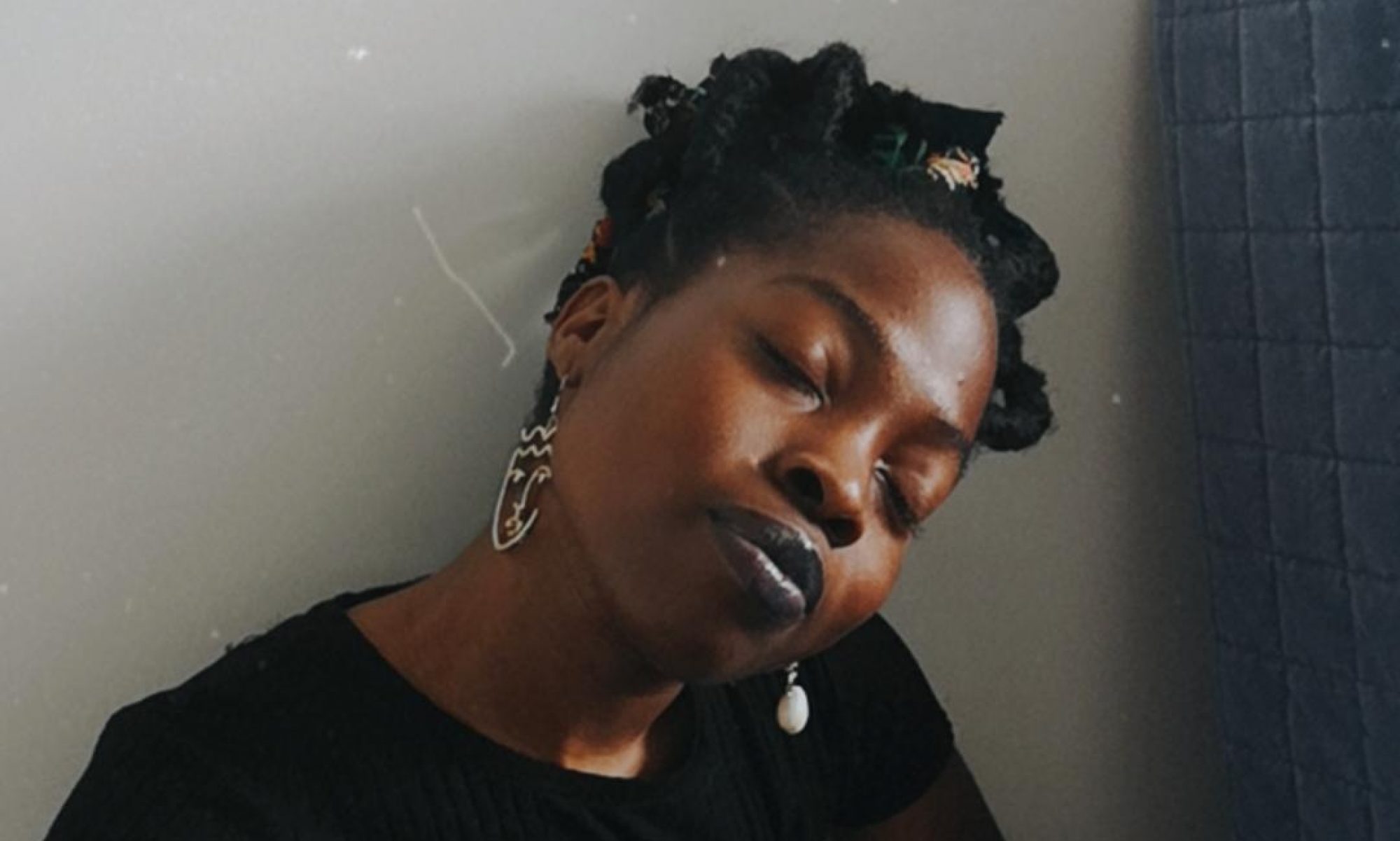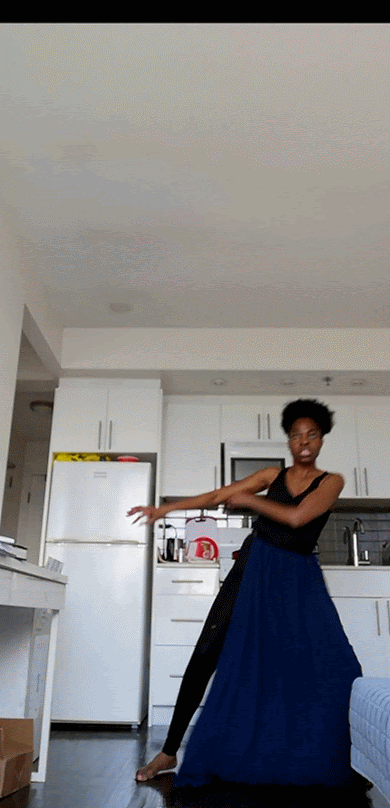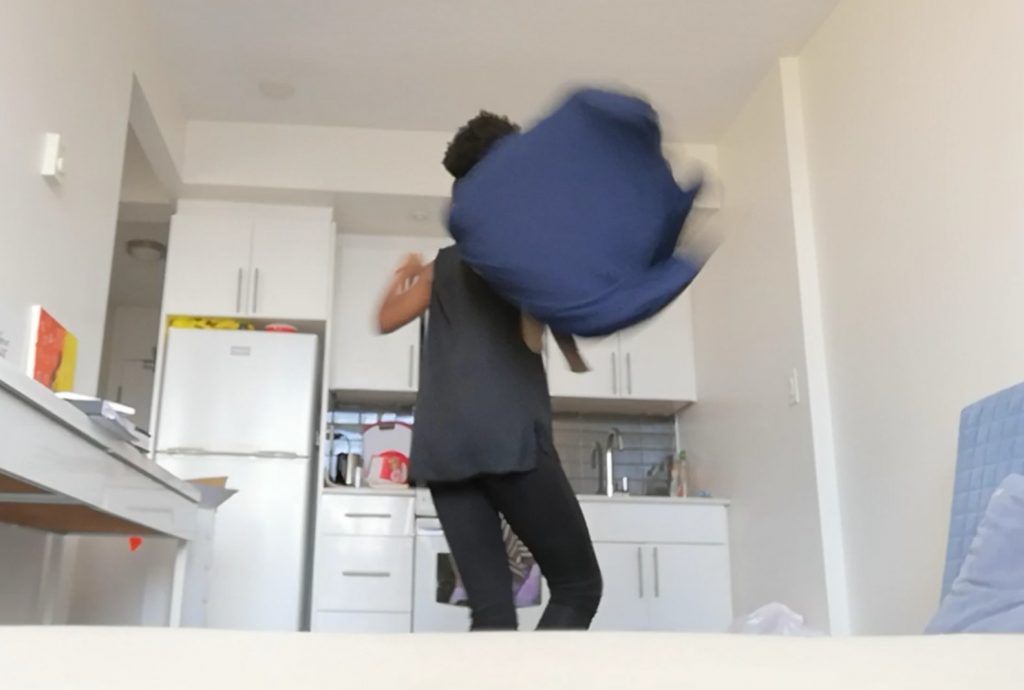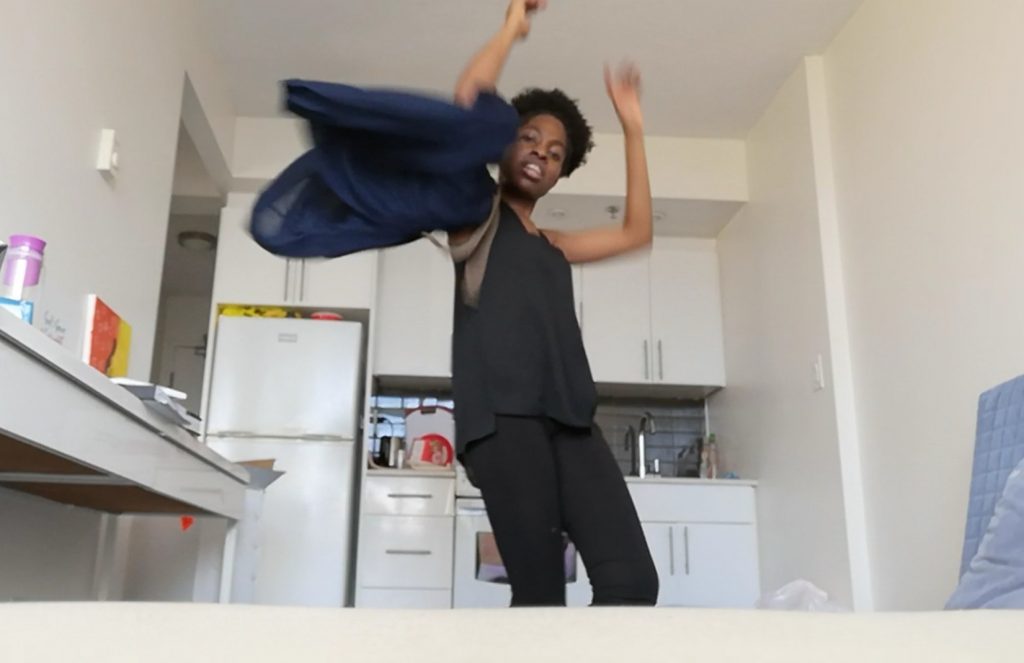Book by Babatunde Lawal
I was in a dilemma when I started this degree…
I have always designed garments, experiences and concepts based on elements from my Yorùbá culture and this helps me to see the world differently. But ever since I started this degree, as I have questioned myself more about my design practice, I’ve found that I’ve been conflicted.
How can I share my work without putting my culture on display as though it were some freak show?
I started reading more into Yorùbá culture, specifically The Gẹlẹdẹ festival and I realised that my people do not shy away from performance…’the performative’. They embrace and embody it when it comes to the Gẹlẹdẹ festival.
From ese Ifá- Odù Iwori Meji [credit: Babatunde Lawal, 1996]
The story goes…
Yewajobi [Yemoja] was unable to have children after marrying Oluweri. This was bothering her because she had many children from her previous marriage so, she consulted the Ifá oracle. Ifá told her to give sacrifices- she was to offer mashed corn, clay dishes and to dance with wooden images placed on her head and metal anklets. After doing this, Yewajobi became fertile and gave birth to her first son, who will grow up to be nicknamed Efe- meaning the humorist. The Efe mask in the festival signifies the joker.
Yewajobi’s second child was a girl. She grew up to be nicknamed Gẹlẹdẹ because of her obese stature. She loved dancing just like her mother and as a result, most female masks are tailored to her characteristics.
The story goes on that both Efe and Gẹlẹdẹ couldn’t have children with their respective partners when they got married and so were advised by Ifá to do the same thing their mother was advised to. They both performed the ritual and were able to have children of their own.
These rituals, because of how effective they proved to be, progressed gradually into the “Gẹlẹdẹ masked dance”. The dance is used to appease the “powerful mothers” citing Yewajobi as the matriarch. [Babatunde Lawal, 1996, p.39]
While the festival seeks to appease Yewajobi so that human living can be pleasant, another way Gẹlẹdẹ festival diffuse conflict in the community is by “staging theatrical performances to entertain and educate the public,” while simultaneously reforming antisocial behaviours [p.79].
This really caught my attention!
Is there a way I can use this framework in my current diasporic context? How can I create narratives that teach and entertain at the same time about issues in my environment?
Will the entertainment side of things allow for people to be more accepting of the existing issues about anti-black racism in Vancouver- their environment?
